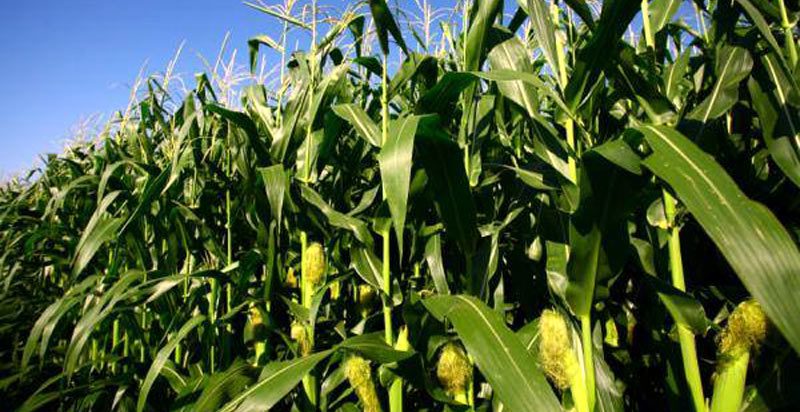
The agreement between Kenya and Zambia to allow Kenyan farmers to practice large-scale farming in Zambia could bring significant benefits to both countries. With Kenya experiencing food shortages and a high population struggling to get enough food, this partnership has the potential to improve food security and create economic prosperity in both countries.
One of the main benefits of this partnership is the allocation of 20,000 hectares of land for Kenyan farmers to practice large-scale farming. This will provide Kenyan farmers with the much-needed resources and space to produce food for the country, which has been facing severe drought and crop failures. The favorable weather patterns in Zambia will also contribute to increasing the productivity of Kenyan farmers, as they will have access to resources and technology that are not available in Kenya.
Furthermore, the agreement will allow Kenyan farmers to export their harvests to Kenya, which will stabilize maize flour demands and prices. This will benefit both countries, as Zambia will have a market for its surplus maize and Kenya will have a reliable source of food to address the current food crisis. This will also help to reduce the cost of food, which has been a major concern for the Kenyan population.
Another benefit of this partnership is the potential for job creation and economic growth. Large-scale farming will require a significant workforce, and this could provide employment opportunities for both Kenyan and Zambian citizens. This will help to reduce unemployment rates and increase economic activity in both countries.
The long-term plan to engage large-scale farmers who will produce maize specifically for the Kenyan market is also a significant benefit. This will ensure that Kenya has a reliable source of food in the long term, which will contribute to improving food security and reducing the risk of future food shortages.
In conclusion, the partnership between Kenya and Zambia has the potential to bring significant benefits to both countries. It will contribute to improving food security, reducing the cost of food, creating employment opportunities, and promoting economic growth. It is essential that both countries work together to ensure the success of this partnership and achieve their shared goals.


















